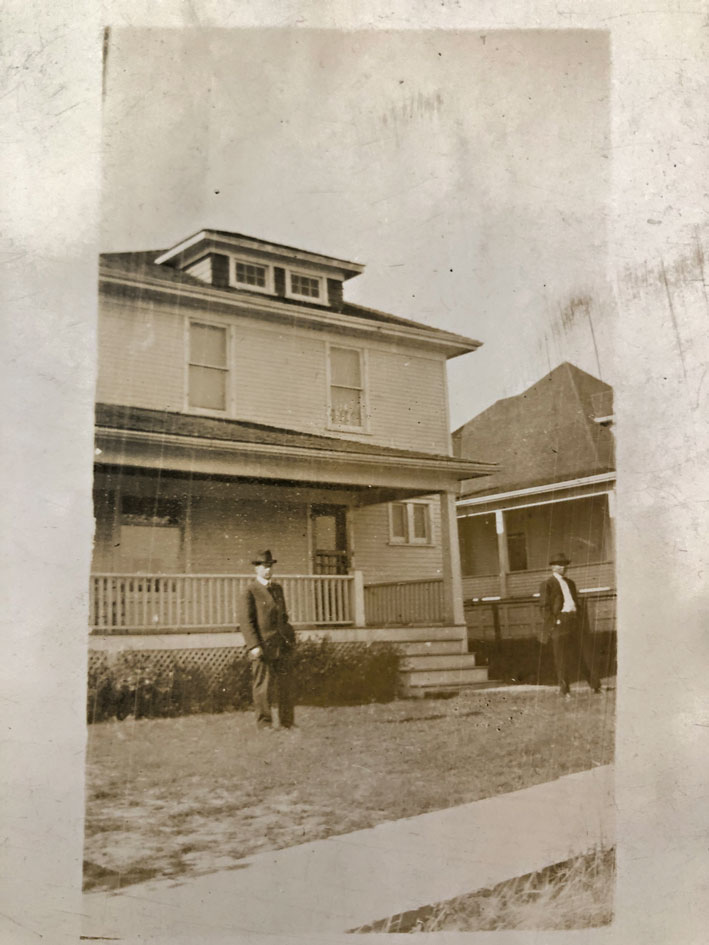Honourable mention in the 7th Annual Geist Literal Literary Postcard Story Contest.
Alice’s husband has been with her more often lately. His ghost watches her cooking dinner. He falls leaden into her bed at night. Sometimes he comes to her as a cod, a whole school wild with the spawn, wrecking himself against her ribs. Those nights she wakes up wet, exhausted, chilled solid to bone.
She had gone out only once to watch John fish the Banks, back when he was still handlining, almost twenty years ago now. In the deep pitch of early morning, John had led her into the cabin, to a bench covered by a thin foam cushion, where she fell asleep to the sound of winding rope.
When she woke the sky was whisper-thin blue. It was only September but the wind was glacial, and she had remembered, suddenly, one winter visit to Newfoundland with her parents and the iceberg—not rare, with the North Atlantic current, but eerily close to shore. From a distance they were easy to watch, women bent in a funeral procession, but up close the crag was awesome and terrifying, and it made a low moaning that hollowed her out. Underneath, a hiss—a shaken bottle of tonic slowly opened, the sound of the melt.
On the boat that morning, Alice had thought of the iceberg and the short-lived wonder it had stirred. When John saw she was awake, he grabbed a still-moving cod from the floor of the boat. He placed it in her hands. She was amazed by the warmth. How much it felt like something she could hold tightly to. He slit the fish belly to gills and let it pulse once, twice, against her grip. His blade worked through the scales and inside, John showed her the milt, an egg-white cream. “He’s ready to spawn,” he said. She rubbed the sperm between her thumb and finger and felt the grains work their way under her nails.
When John let the fish bleed out before tidily slicing off the head, he looked so full of purpose. Alice imagined her own body in his hands. She wanted to be attended to with that same clarity.
In truth, she had never known how to love her husband when he was alive. Off the boat, John moved so slowly—Alice was always firing her affection two beats ahead of him, waiting for him to catch up. The casual swiftness with which he had strung himself up in their tool shed could almost be called admirable, if he hadn’t ended up dead. But now John’s ghost holds to that characteristic, meandering pace—lingering in their kitchen, following her around corners, moving with such a wilful, infuriating sluggishness that sometimes she turns and finds him fully years behind her, wearing a younger face, a sweet, unlined smile, so much like their sons she has to rush her hand to her mouth to keep from crying out.









